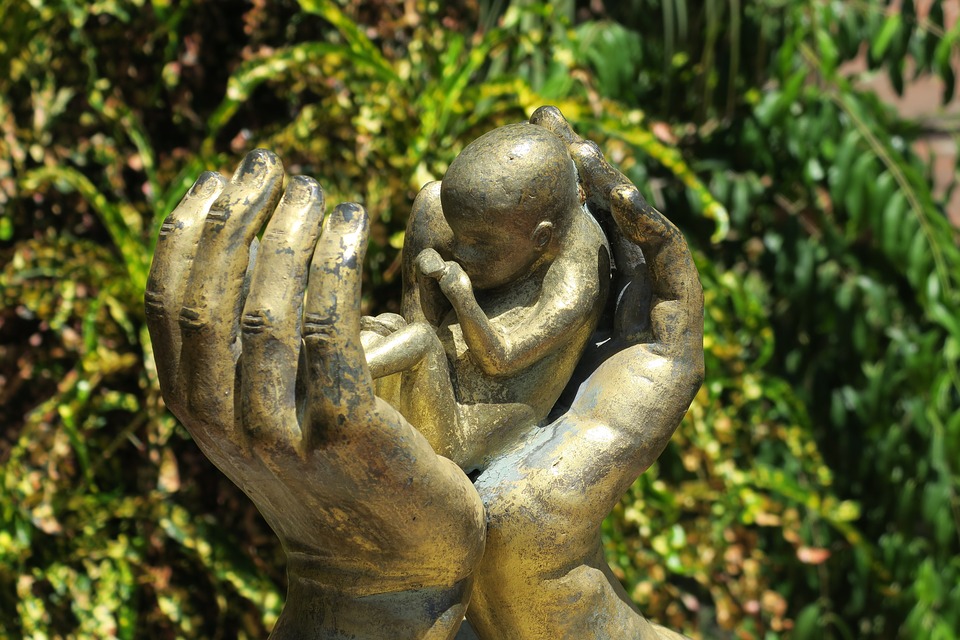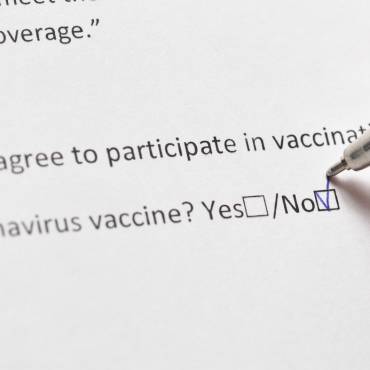Anti-abortion activists set off the uproar by releasing undercover videos of Planned Parenthood officials that raised questions of whether the organization was profiting from the sale of fetal tissue. Planned Parenthood has denied making any profit and said it charges fees solely to cover its costs.
University laboratories that buy such cells strongly defend their research, saying tissue that would otherwise be thrown out has played a vital role in lifesaving medical advances and holds great potential for further breakthroughs.
Fetal cells are considered ideal because they divide rapidly, adapt to new environments easily and are less susceptible to rejection than adult cells when transplanted.
“If researchers are unable to work with fetal tissue, there is a huge list of diseases for which researchers would move much more slowly, rather than quickly, to find their cause and how they can be cured,” Stanford University spokeswoman Lisa Lapin said in an email.
From 2011 through 2014 alone, 97 research institutions — mostly universities and hospitals — received a total of $280 million in federal grants for fetal tissue research from the National Institutes of Health. A few institutions have consistently gotten large shares of that money, including Yale, the University of California and Massachusetts General Hospital, which is affiliated with Harvard.
Researchers use fetal tissue to understand cell biology and human development. Others use it to look for treatments for AIDS. Research on spinal cord injuries and eyesight-robbing macular degeneration involves transplanting fetal cells into patients. European researchers recently began putting fetal tissue into patients’ brains to try to treat Parkinson’s, a strategy that previously had mixed results.
Vaccines have been one of the chief public benefits of fetal tissue research. Vaccines for hepatitis A, German measles, chickenpox and rabies, for example, were developed using cell lines grown from tissue from two elective abortions, one in England and one in Sweden, that were performed in the 1960s.
Fetal tissue was “absolutely critical” to the development of a potential Ebola vaccine that has shown promise, said Dr. Carrie Wolinetz, an associate director at NIH, which last year handed out $76 million for work involving fetal tissue, or 0.2 percent of the agency’s research budget.
Source: PBS, 11th August 2015.
https://www.pbs.org/newshour/health/medical-researchers-say-fetal-tissue-remains-essential


